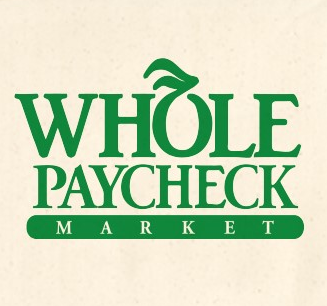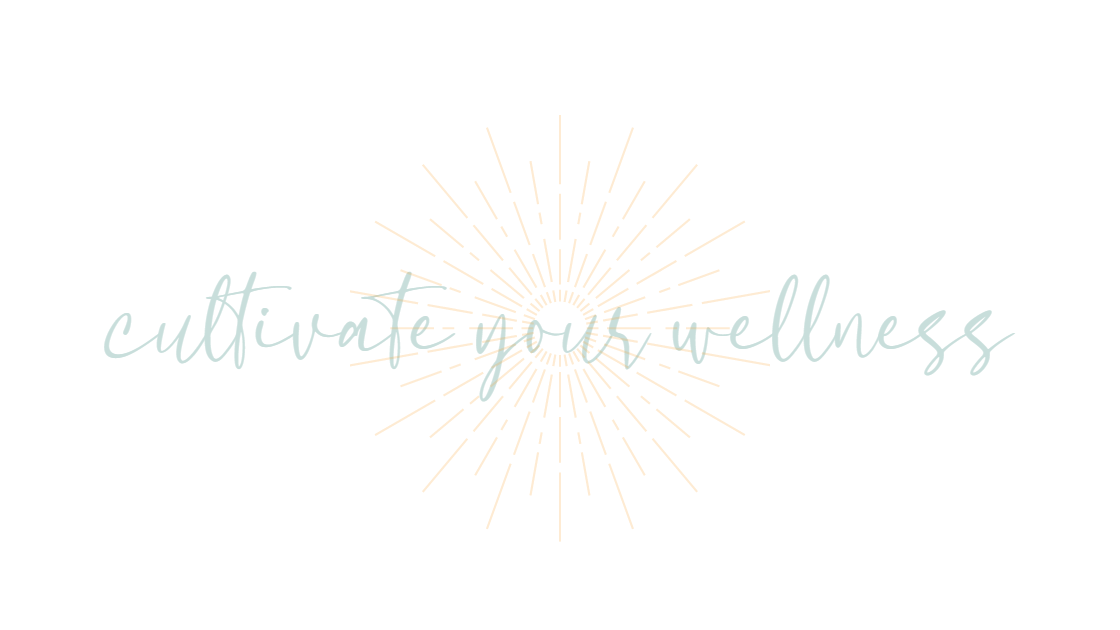In today’s society, shopping for food is anything but easy. If we’re lucky enough to fight our way through the processed food section of the grocery store and reach the shining light of the produce department, we’re still faced with that grueling question…organic or non-organic? We all know that organic is the healthier way to go. We also all know that it’s more expensive. What’s a health-food nut to do?

Usually I shamefully pass by the small organic section of my local food market, glancing long-fully at the less than perfect looking produce like a child with no allowance outside a candy store. At this point in my life I find it difficult to break that bank for a head of cauliflower. Okay, so an extra $.50 won’t break the bank, but it adds up. To supplement my lacking initiative to splurge for my health, usually opt for local, seasonal foods over organic and, fingers crossed, hope that the chemicals used to keep the pests away aren’t reeping havic on my body.
Finally, last week, a little bit of my frustration was eliminated when I found the “dirty dozen,” a list of foods that you most definitely should buy organic. Also included, a list of fruits and veggies that you can skimp on if you have to. Kudos to whomever first printed this list. My body and my wallet thank you.
So here’s the Dirty Dozen list, in no particular order, of fresh foods that you should always opt to buy organic…
12 Most Contaminated
- Peaches
- Apples
- Sweet Bell Peppers
- Celery
- Nectarines
- Strawberries
- Cherries
- Pears
- Grapes (Imported)
- Spinach
- Lettuce
- Potatoes
And the equally appreciated list of foods that don’t require your whole paycheck…
12 Least Contaminated
- Onions
- Avocado
- Sweet Corn
- Pineapples
- Mango
- Asparagus
- Sweet Peas
- Kiwi Fruit
- Bananas
- Cabbage
- Broccoli
- Papaya
So there ya have it. A simple solution to a grappling question. And lucky, some of these items are often on sale. Right now in California, organic pears are on sale for ridiculously cheap. Bell peppers, however, are often expensive regardless of the farming method. So I make some sacrifices, or rotate my shopping list. Whenever possible, I recommend shopping at your farmer’s market. There you’ll find more organic options for a cheaper price and guaranteed local and in season. To find a farmer’s market near you visit localharvest.com.

These are great lists to know because organic really can get expensive. I try to buy everything organic, but sometimes I feel bad about this when I see my receipt at the end of checking out…Food is one area where I splurge on my budget!
I know, it’s terrible to think of skimping on food. Thank goodness for the farmer’s market!
I’m so worried about the direction our children are heading in nowadays. Watching Jamie Olivers food revolution tv show scared the thingies out of me. I suggest we all start cooking some healthy recipe like these at home if we’re going to fix this horrible situation. The ones on that site seem pretty easy, I tried last night and it’s the first time my family has eaten healthy in ages, I just feel great.
I agree, Nadene. The real food revolution starts in the home. Thanks for the great link!